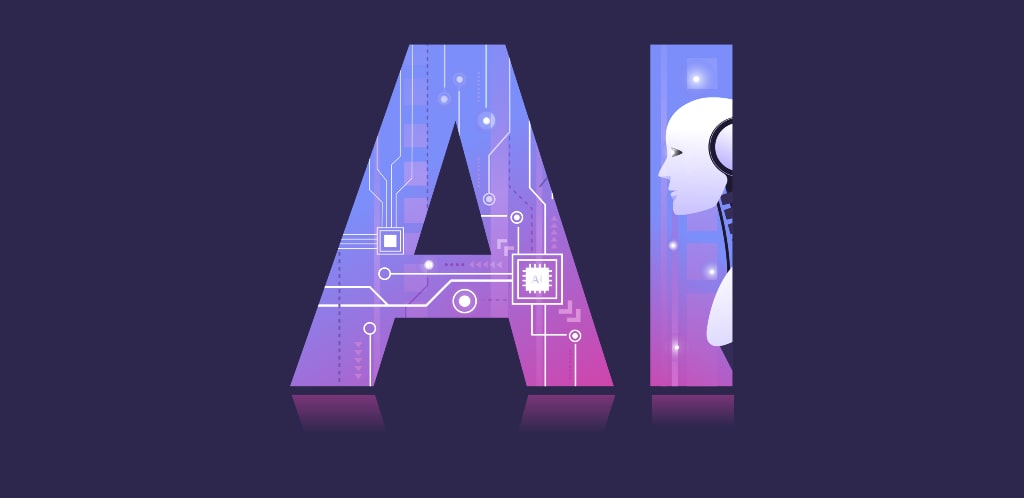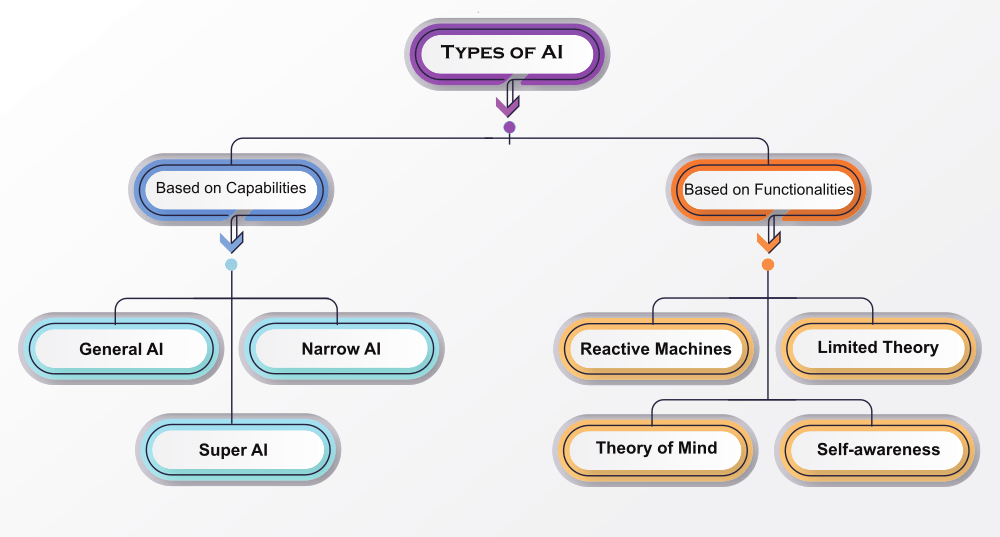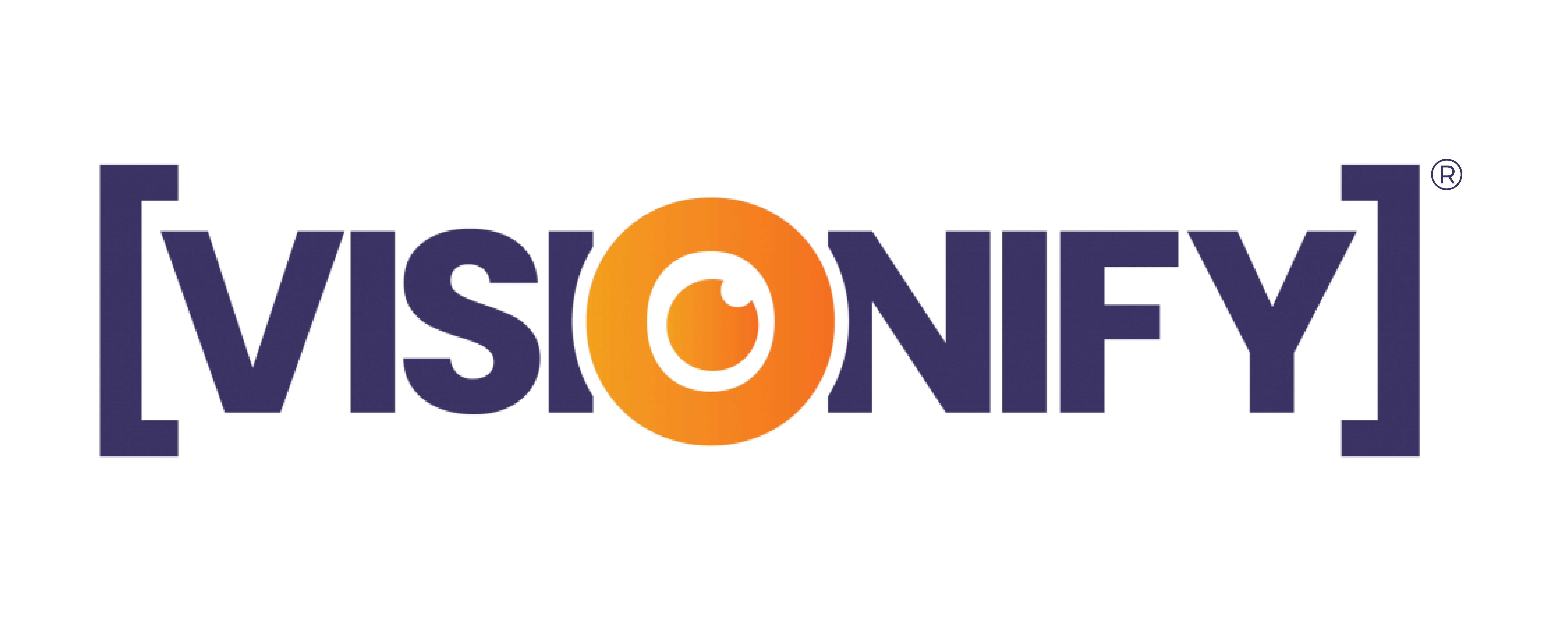
Artificial intelligence is taking over the world, and enterprises are the next step. As the use of AI increases, its efficiency is also expected to increase, but it won’t be without bumps in the road. There are so many ways that AI can change businesses, for better or worse. These changes directly affect all aspects of an organization including employees.
When it comes to the future of artificial intelligence for business, there are two camps: those that believe AI will be used for efficiency and those that believe it will be used for power. While the two sides talk past each other, the fact remains that AI can be applied to many businesses. In fact, many of us are already seeing the benefits of AI in how certain industries are being run. Let’s take a look at these uses and see how AI affects your future business.
How AI is defined
Artificial Intelligence (AI) is an expanding field encompassing a wide range of technologies and applications. It is sometimes referred to as a revolution; the methods and applications of AI are being used to automate various everyday tasks across numerous industries and integrate them with human creativity. Today AI is most impactful in technology – specifically in the areas of information technology (IT) and machine learning. In fact, Analytics Insight has announced that over 80% of its businesses will be using some form of artificial intelligence in the future.
Artificial Intelligence has been around for decades. However, limited processing power and data availability limited its use in mainstream systems. Since then, researchers have been working to build systems that operate more like a human and can learn from their experiences. Today, AI is used in a variety of industries including law, medicine, logistics, transportation and even security. It’s performed a wide variety of roles in these fields and will continue to advance as technologies continue to advance.
Types of AI

3 Types of AI-based on Capabilities
A lot of people think of artificial intelligence as a general problem, one that involves making machines that can surprise us. That’s true, but it’s also a very limited view. There are three different kinds of artificial intelligence – which you can think of as narrow AI, general AI and super AI.
Narrow AI
It is what most people mean by “artificial intelligence,” and it’s a useful term. It means making new machines that can do certain things – calculate, recognize patterns. In the past century, we’ve built computers that can do all kinds of things that used to require humans to do them: chess masters, stock traders. They’re very good at what they do, but they don’t have any particular talents beyond being good at those things. They’re just computers.
General AI
It is a more ambitious goal: making machines that can solve a wide range of problems in a wide range of ways. General AI requires reaching a point where we have machines with some understanding of what they’re doing – some competence. So far we haven’t built any general AI systems with real competence, but progress is coming faster than anyone expected, so maybe someday soon we’ll be there.
Super AI
It is something entirely different again: creating an environment where human brains could exist even though they had no special powers whatsoever – just ordinary human brains living inside an artificial world created by super-smart machines.-
If you think of a computer as a machine, and of a human as a person, then it’s easy to see how AI can be divided into the following categories:
4 Types of AI-based on Functionalities
Reactive Machines
These are machines which can react to changes in their environment. They react to stimuli and make decisions based on the past. They make errors, but they follow rules. A reactive machine does not contain any knowledge or understanding of the world beyond its immediate environment.
Limited Memory
AI These are machines which can understand simple instructions and perform simple tasks. They do not possess any knowledge or memories beyond what is immediately available at their current location.
Theory Of Mind AI
These are machines which have an internal model of the world in terms of objects and relationships. The internal model includes past experiences, memories, motivations, intentions and goals. Theory of mind AI have some abilities common to humans such as empathy.
Self-aware AI
These are machines which have a model of themselves with memory and sensory input from their environment. They have goals, desires and emotions similar to humans including wants, dreams and aspirations. Self-aware machines have mental states that are different from robots just by nature of being self-aware.”
How AI Can Be Applied
Automation has been a boon for businesses. It contributes to cost reduction, streamlines processes, and frees up human resources to concentrate on higher-value activities. But although most industries are incorporating some amount of automation into their business model, few are embracing it with the fervor and precision of technologies such as cloud computing or AI.
There are a number of possibilities for applying Artificial Intelligence to the enterprise. In fact, it is one of the most essential areas that can be revolutionized by the tech. In the past decade or so, AI has advanced at an exponential rate, reaching a point where some say it may now be capable of treating disease and even unique human traits — perhaps even more so than human scientists. This means there is no longer any doubt that AI will impact not just our personal lives but also the way work gets done in organizations and even big companies.
How will AI affect the future of the enterprise?
The introduction of artificial intelligence into the workplace has been gradual and targeted at specific industries. While some believe this is simply the next step in business technology, others believe it will provide a major overhaul of how work is done. Regardless of your view of the matter, one thing is undeniable: artificial intelligence will have a significant impact on the way we do business– both here at home and around the world.
The possibilities are endless with AI which makes it powerful for your business
It is possible to apply AI to some extent to current business practices. For example, it can help identify opportunities, predict behavior and aid decision-making. Using AI should be considered an essential part of any successful company. IT can help speed up processes by analyzing data and spotting errors before they happen. It can even let your company know what you’re thinking so it can adapt and react accordingly. Companies are beginning to realize the benefits of using AI when it comes to human resources.
Visionify provides AI based computer vision solutions for modern enterprises. Our fully integrated, plug and play models are optimized for power, storage and performance. We also provide a comprehensive selection of components and services, including hardware, software and training. We can quickly and easily deploy and run models and applications on our platforms, and we can drive your business to operational success with the lowest-cost and most sustainable solution. Request for a free demo today!
“Visionify has been recognized as one of Top 30 Artificial Intelligence Agencies by DesignRush”

